R186 Long Bond
12 May 2020 By PDSNETSometimes things happen in the markets which cause you to ask the question,
"What can they see that I can't see?"
The progress of the yield on South Africa's long bonds is like that.
South Africa has just been downgraded by both Moodys and Standard & Poors. We are officially at junk status - so you would think that our government debt instruments would be out of favour among international investors. Here in South Africa everything seems so bad. There is hardly any good news and investors are almost universally negative.
And yet the yield on our long bonds continues to fall.
The yield on a bond moves inversely to the price of the bond. Bonds have a fixed "coupon" on interest rate - so when the price of the bond goes up the effective yield on it falls. Our long bonds are sought after by international investors because they offer a real return - in other words, the yield is higher than our domestic inflation rate. In South Africa the yield on our bonds was as much as 13% at the height of the COVID19 panic and our inflation rate was around 4% giving investors a real return of as much as 9%.
So when overseas investors like what we are doing they buy our bonds and push the effective yield down. Their perceptions are impacted by how they see our political leadership and management.
And overseas investors have been piling in - pushing the effective yield on the R186 bond down to as little as 7,65% - amazingly, that is lower than it was before the start of COVID19 - consider the chart:
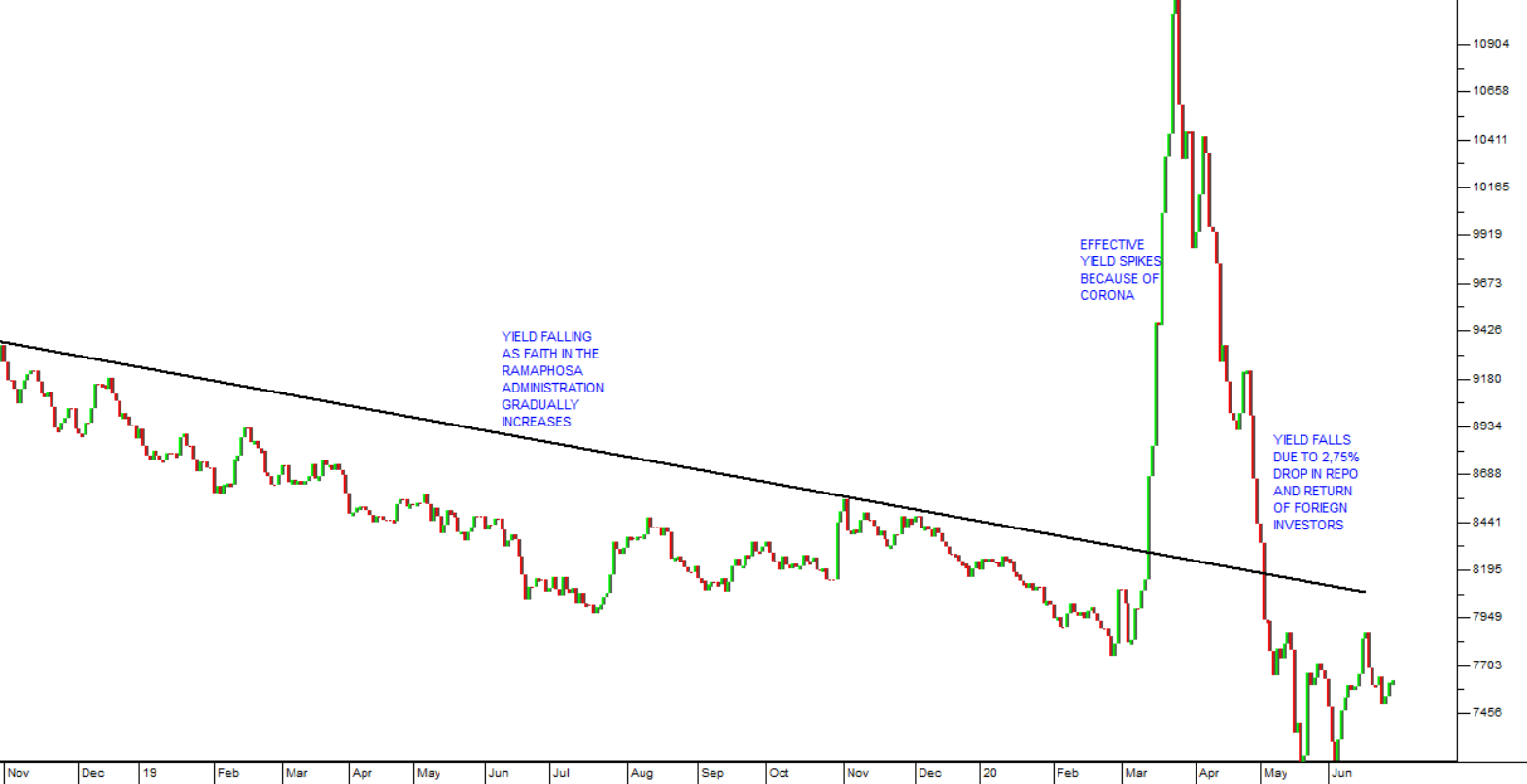
You can see here that prior to COVID19, the effective yield on the R186 had been falling gradually and steadily as overseas investors gained confidence in what President Ramaphosa was doing on many fronts. Then the yield spiked up as "risk-off" sentiment caused investors to flee into safe haven investments like gold and US Treasury bills. Then, as many countries began to relax their lockdowns, the mood changed and the hunt was on for real return. The yield fell heavily as investors gained confidence in Ramaphosa and saw how effectively South Africa was handling the pandemic.
Sometimes it is difficult for South Africans to see anything except "doom and gloom" - but clearly overseas investors see our situation quite differently. They are obviously really beginning to appreciate the strong leadership displayed by Ramaphosa over the crisis - something which has been notably absent from other first world countries, especially America.
So, here is a glimmer of hope amid all the negativity.
DISCLAIMER
All information and data contained within the PDSnet Articles is for informational purposes only. PDSnet makes no representations as to the accuracy, completeness, suitability, or validity, of any information, and shall not be liable for any errors, omissions, or any losses, injuries, or damages arising from its display or use. Information in the PDSnet Articles are based on the author’s opinion and experience and should not be considered professional financial investment advice. The ideas and strategies should never be used without first assessing your own personal and financial situation, or without consulting a financial professional. Thoughts and opinions will also change from time to time as more information is accumulated. PDSnet reserves the right to delete any comment or opinion for any reason.
Share this article:
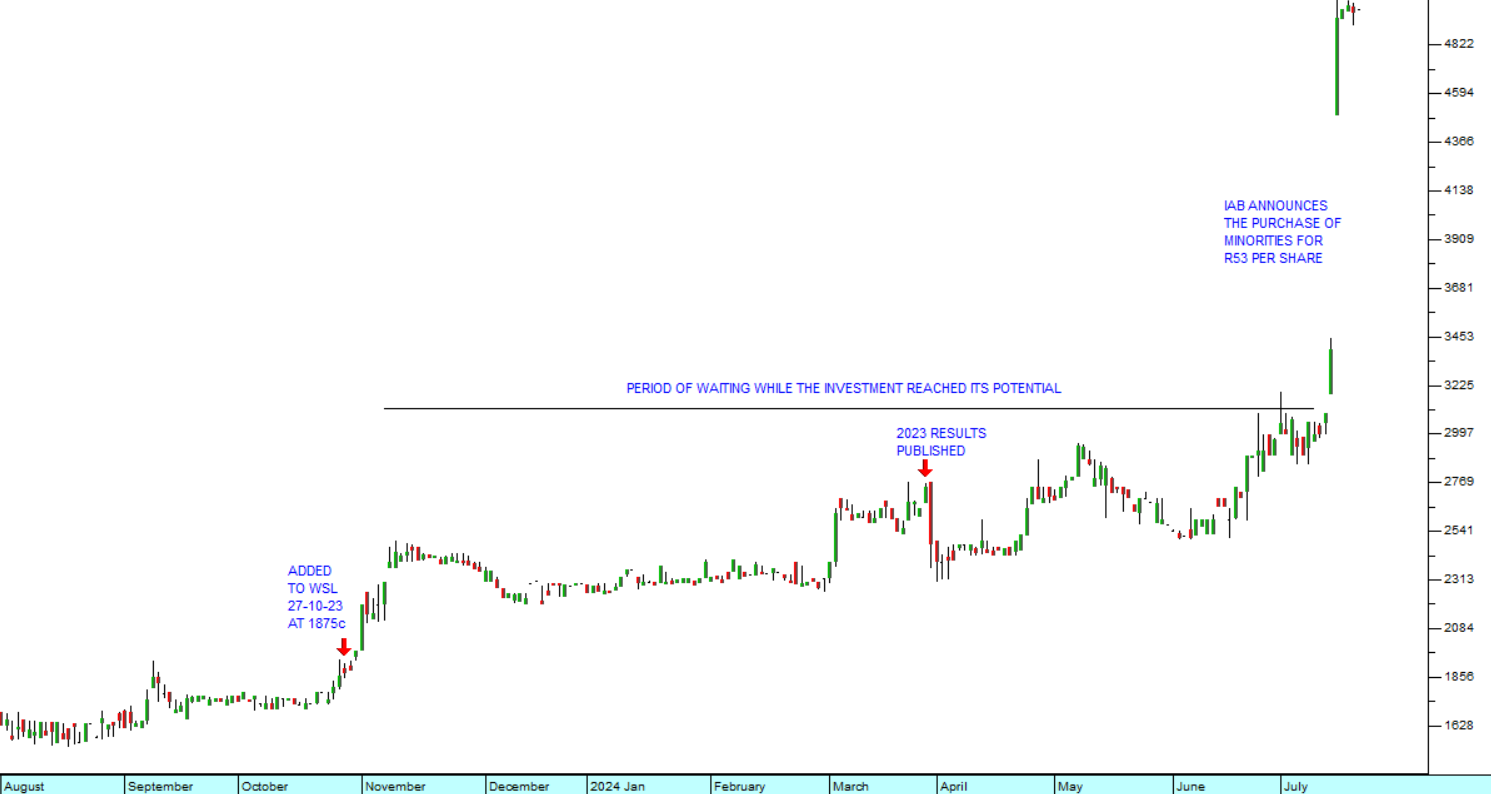
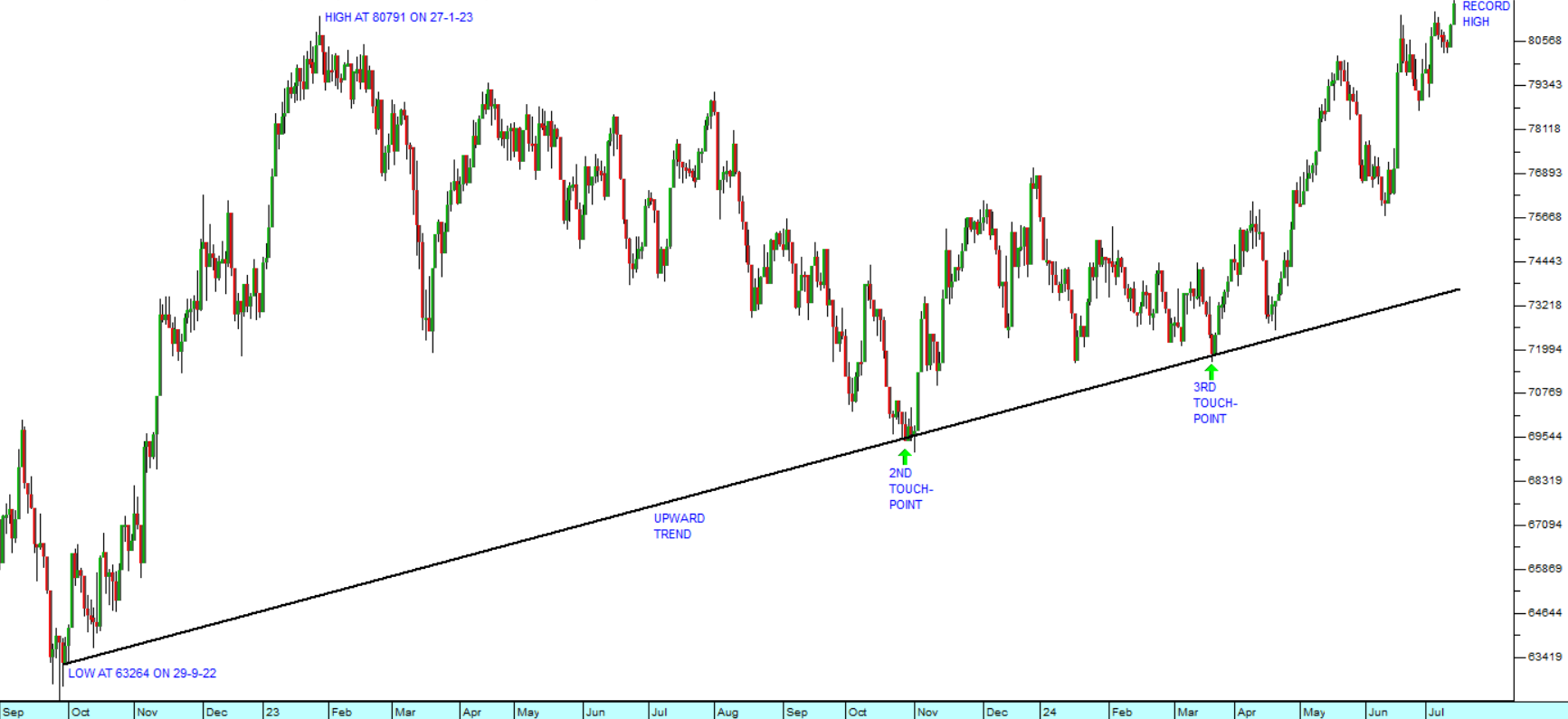
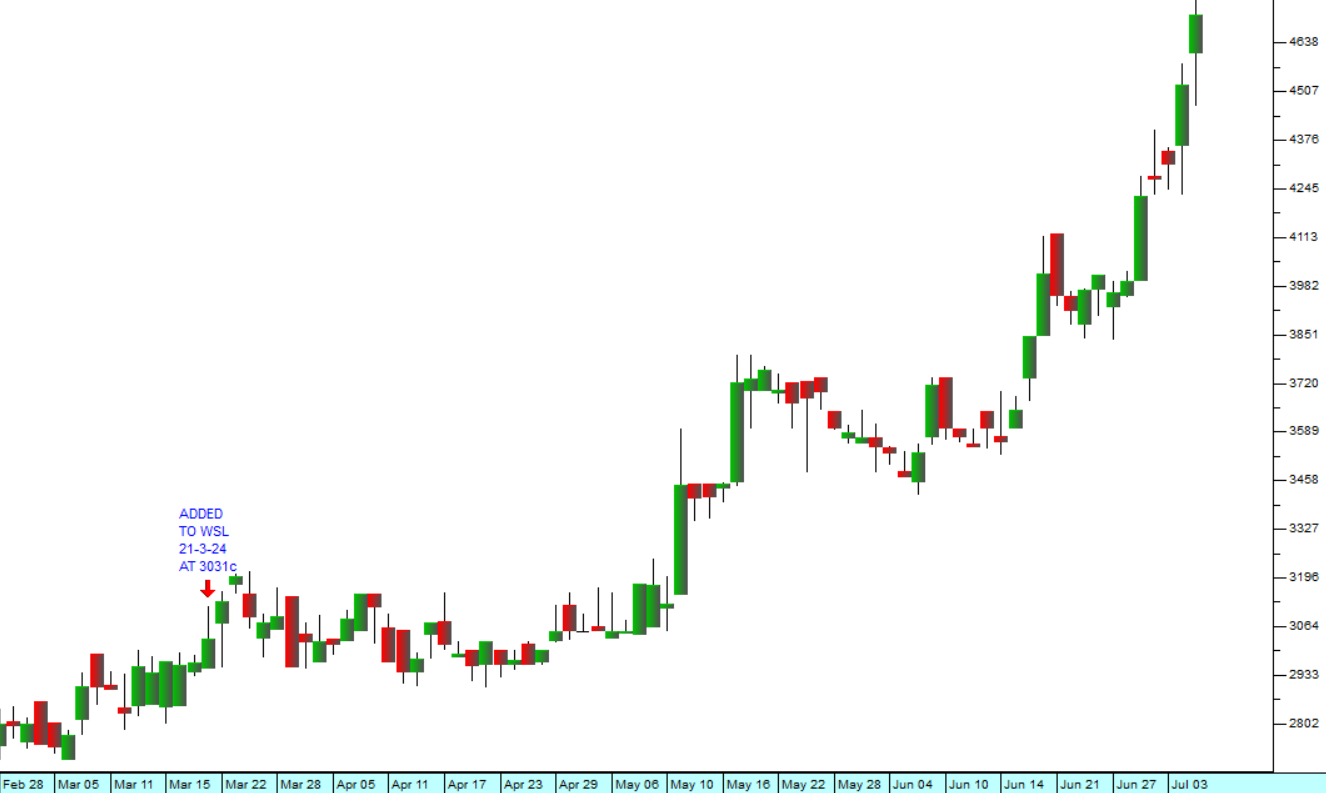
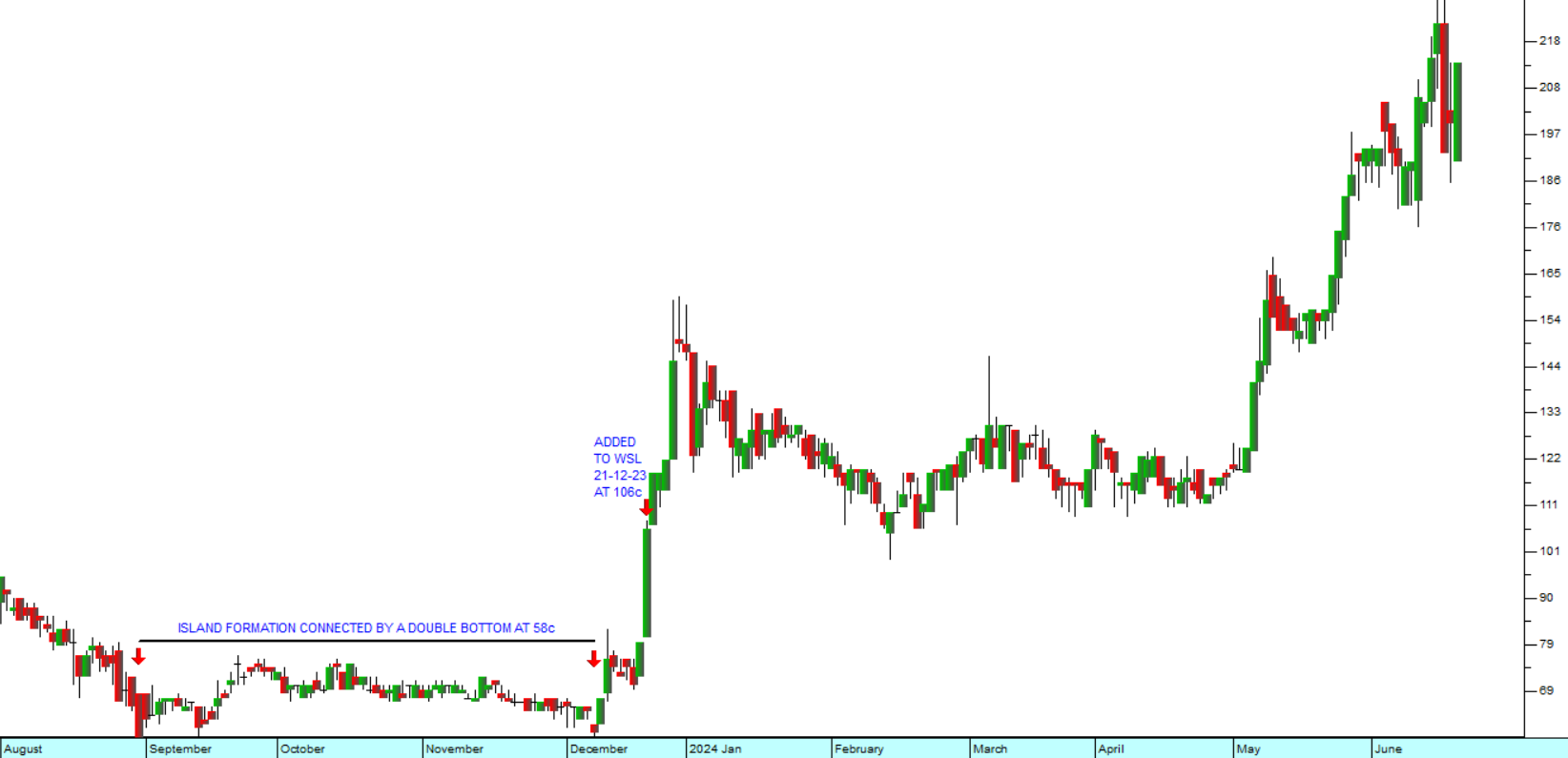
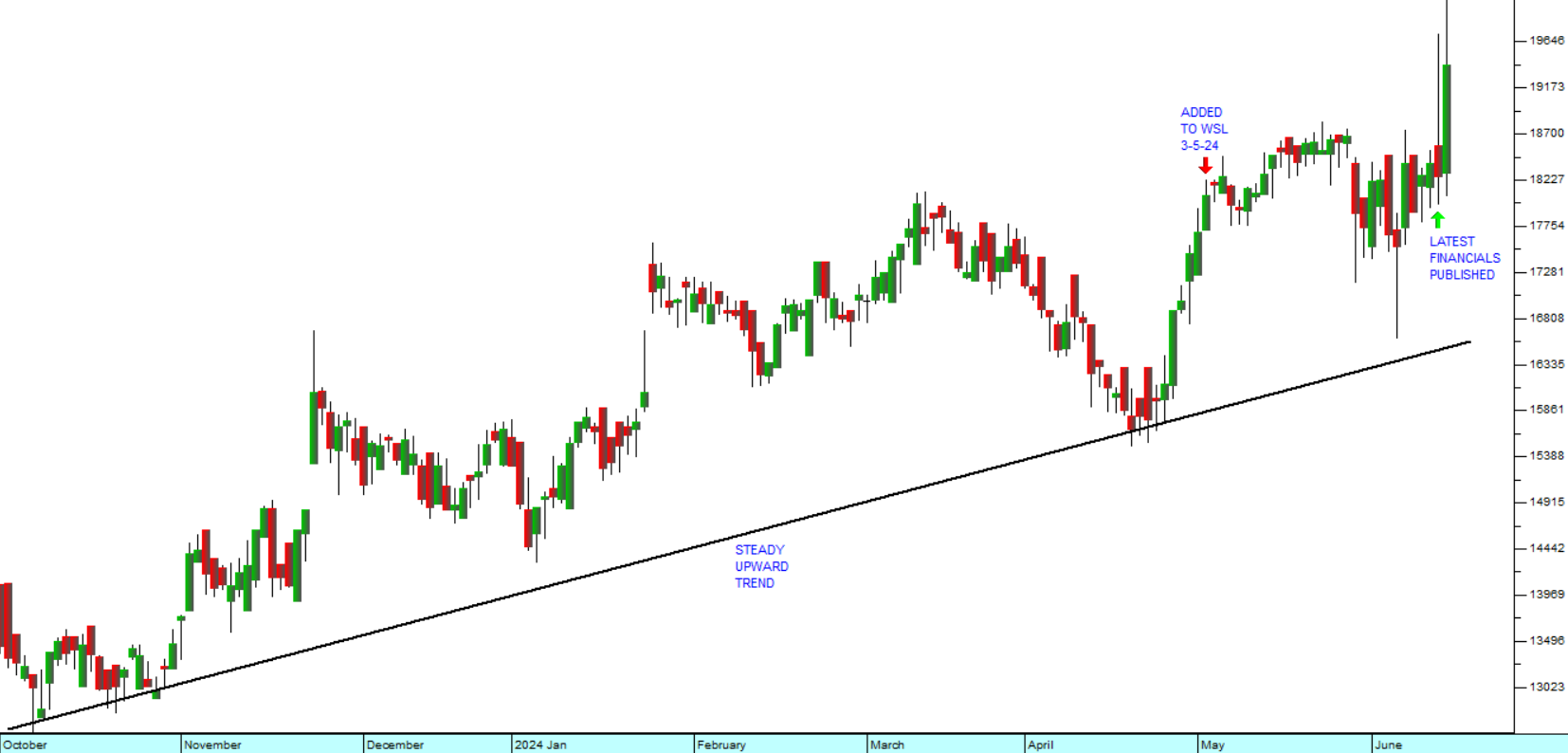
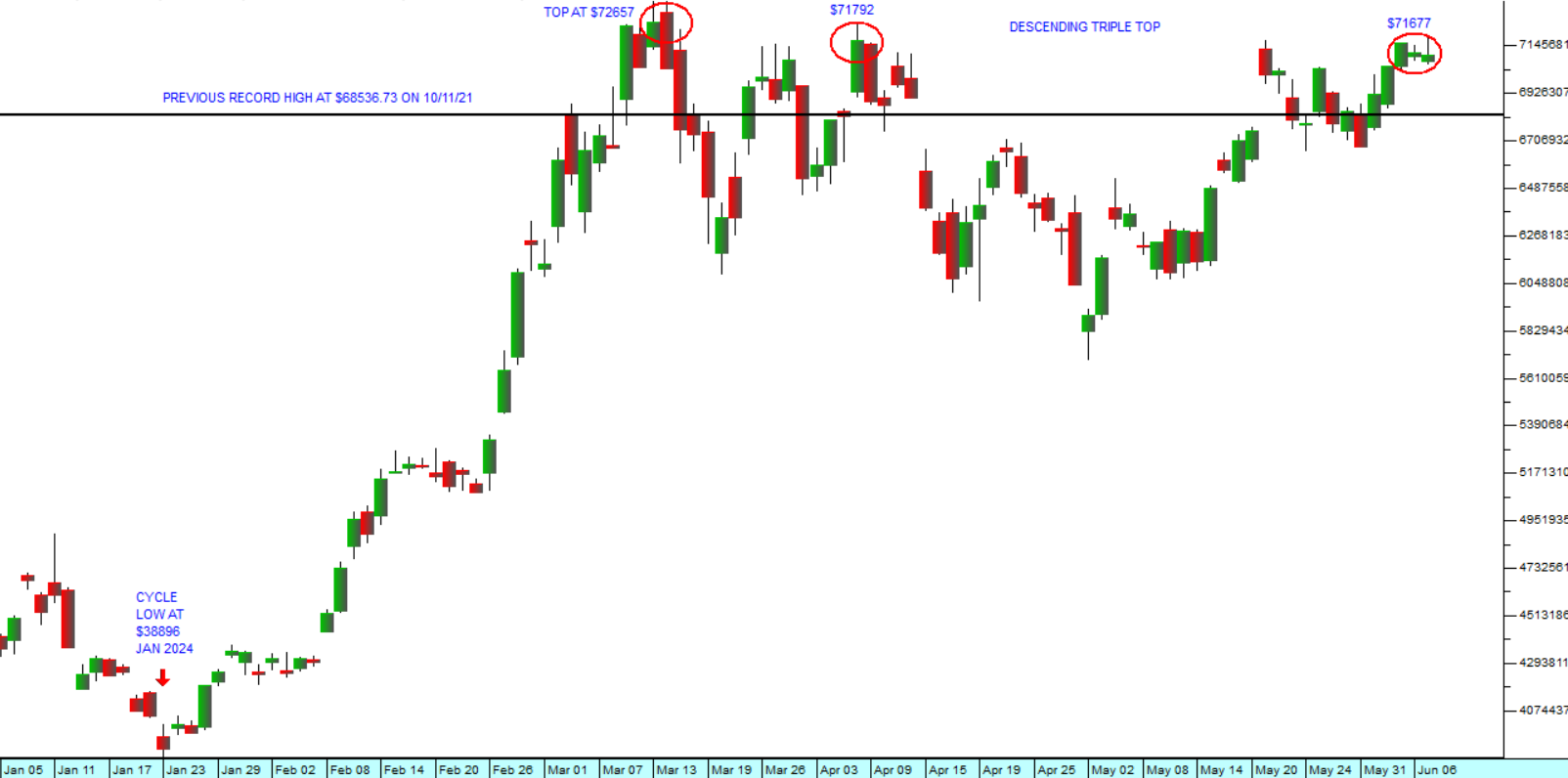
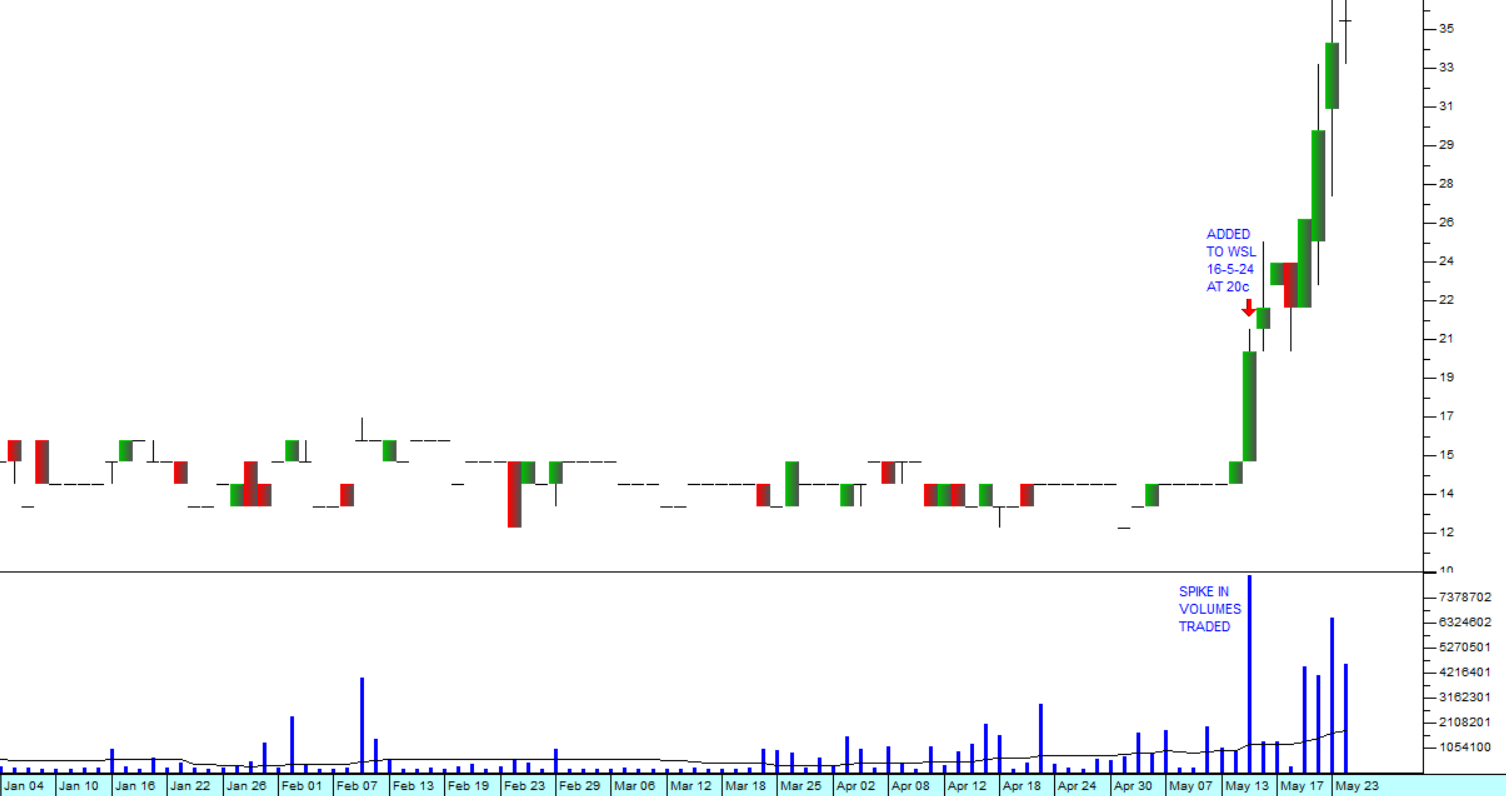
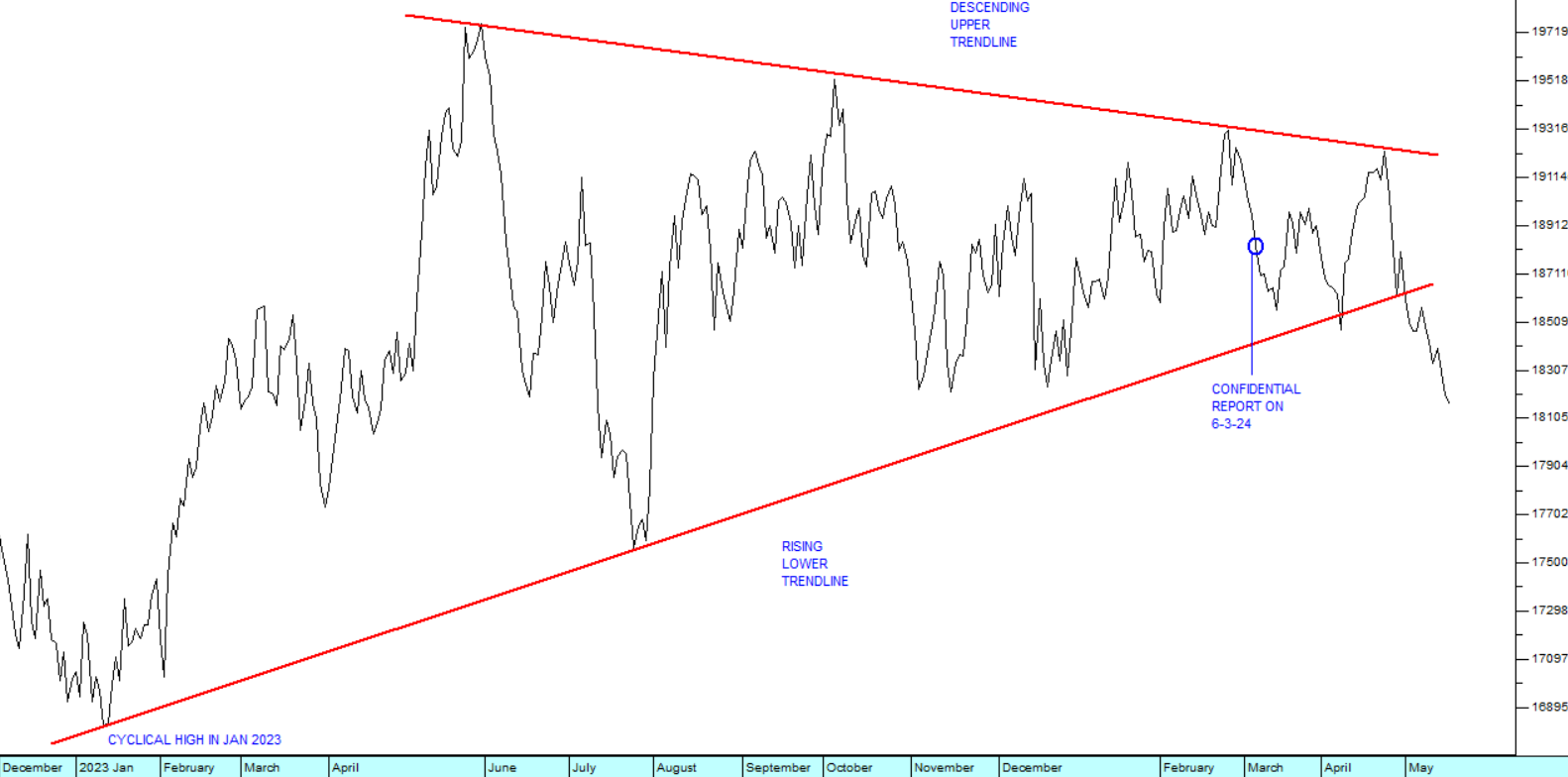
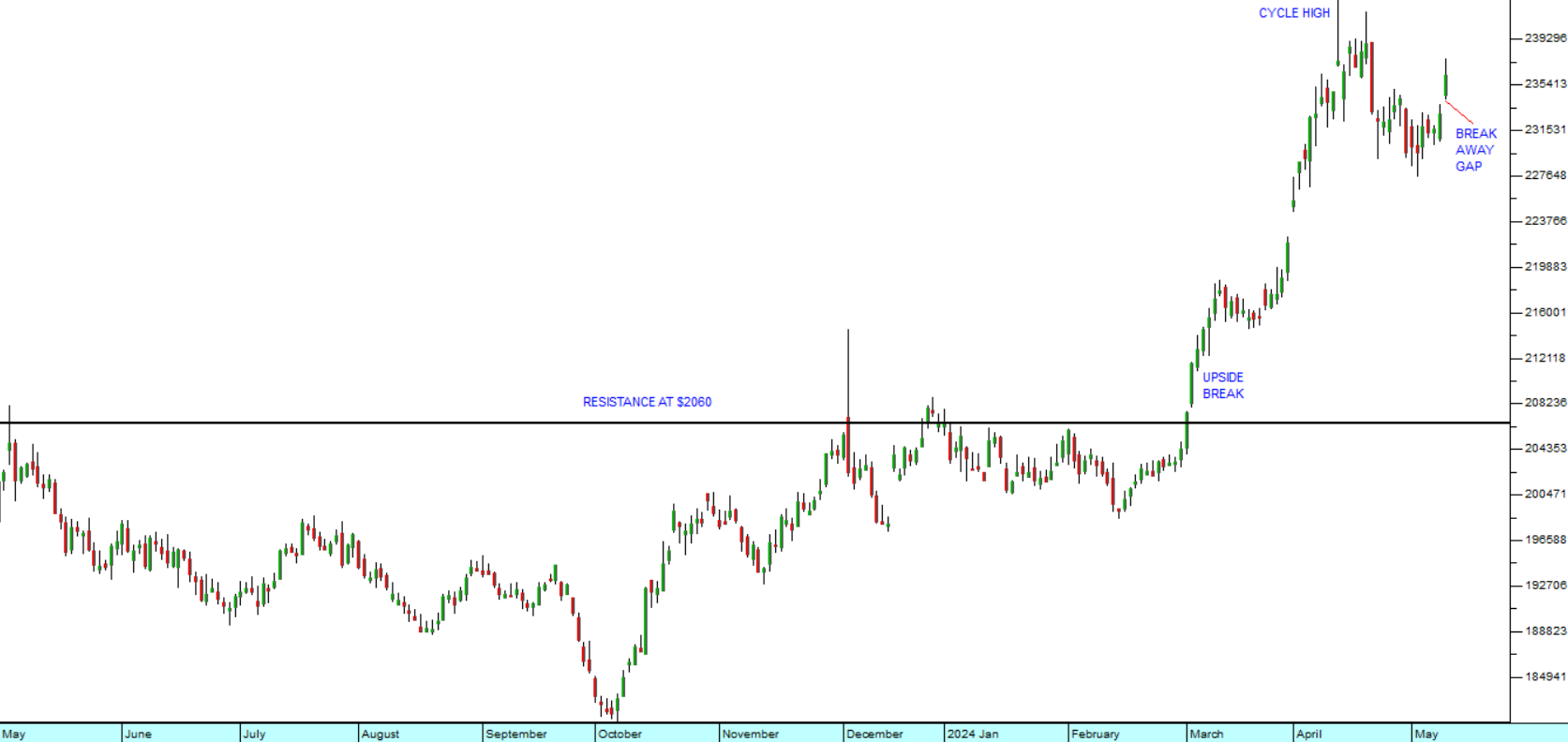
_art4mAy24.png)